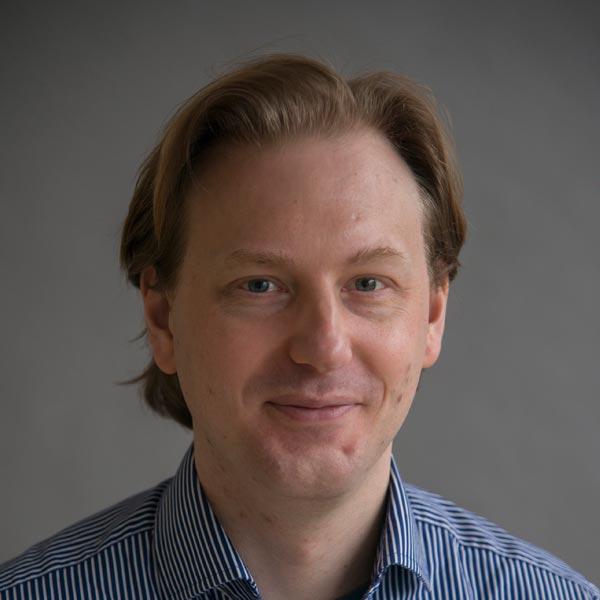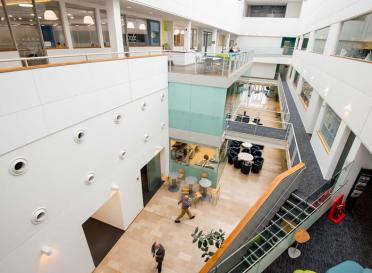
Life at Earlham Institute
We believe that our people are our greatest asset, and we want you to have the freedom to achieve your very best work here.
Single-cell gene expression analysis has the power to resolve the multitude of cell types that comprise a complex biological system.
The majority of genes have the potential to be alternatively spliced into more than one isoform, with different isoforms of the same gene encoding distinct proteins with distinct functions. We hypothesise that this diversity in isoform expression, unseen in most single-cell analyses, is one way that individual cells can become functionally heterogeneous.
This project will explore the diversity of isoform expression in the mouse haematopoietic system, with the aim of identifying functionally heterogeneous isoforms and their pattern of expression within individual cells.
Using long-read sequencing, we have demonstrated that alternative splicing is prevalent in many of the key genes involved in blood cell development. However, the diversity of expression of these isoforms is completely unexplored in individual cells.
Preliminary data from our lab suggests that single blood stem cells can express several isoforms of a gene simultaneously, including those with potentially antagonistic functions. It is these functionally meaningful alternative splicing events we wish to study in this project.
Using a range of techniques, including FACS, single-cell genomics, next generation short- and long- read sequencing and bioinformatic analysis, the student will focus on the identification of functionally consequential isoform expression within individual blood stem and progenitor cells.
The functional effect of the isoform expression will then be studied through genome editing to remove exons and force cells to express specific sets of isoforms, then monitoring the cell's response through gene expression, in vitro and in vivo assays.
Based in the Macaulay lab at the Earlham Institute and in collaboration with the Haerty (EI) and Rushworth (UEA MED) groups, the student will receive extensive training in experimental and computational biology, developing broad and transferrable expertise in cellular genomics.
Further Information
References

Developing new technologies and multi-omics approaches for single cell analysis.

We believe that our people are our greatest asset, and we want you to have the freedom to achieve your very best work here.

Norwich is a city of culture, with its rich history of art and writing, as well as a city of science - hosting some of the leading centres for life science research in the world.

The behaviours and communication skills we expect from candidates.